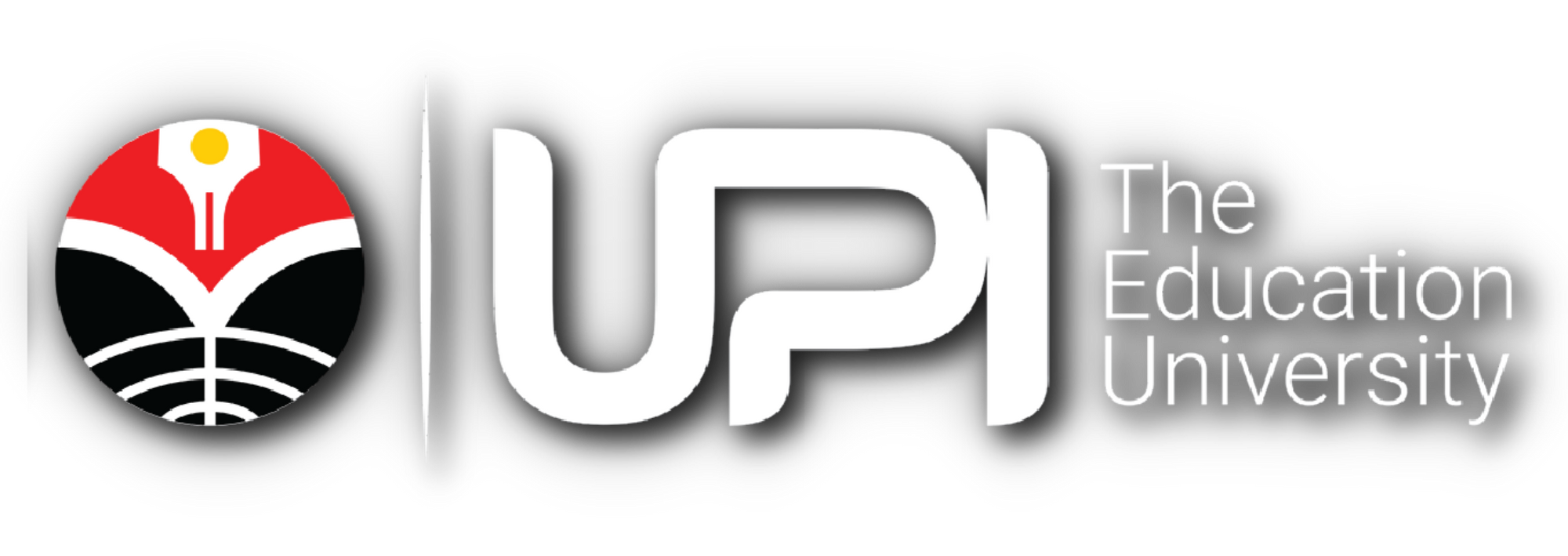
On Monday, March 4, 2024, FabLab Edu, Chemistry Education and Chemistry Study Program, Faculty of Mathematics and Natural Sciences (FMNS), Universitas Pendidikan Indonesia (UPI), which was funded by Leading Unicersity Project for International Cooperation (LUPIC), Sogang University, South Korea, received a visit from the Twincle Project to enhance the skills of students as global human resources. The visitors were welcomed by the director of DIA UPI, the head of FMNS, representatives from Labschool UPI, faculty lecturers, and staff in the meeting room of FMNS, before proceeding to FabLab Edu. During their visit to FabLab Edu, Prof. Jun Nomura and 18 students from Chiba University were accompanied by Tuszie Widhiyanti, M.Pd., Ph.D. The visit took place from 3:00 PM in FabLab rooms, C-101 and C-108, FMNS UPI. The visit included a series of activities such as introducing 3D scanner tools, filament 3D printing, resin 3D printing, UV print, and laser cutting.

The first activity was an introduction to 3D printing tools and 3D scanners, which was guided by Mrs. Triannisa Rahmawati, S.Pd., M.Si., and Mrs. Miarti Khimatun Nais, S.Pd., M.Pd. Participants were introduced to different types of machines and 3D printing materials, as well as the 3D scanning process. Next, the participants were introduced to laser cutting tools, which was guided by Vito Winata Haunan, a Chemistry Education student. The participants observed the process of making keychains as products from the laser cutting tool. Later, Prof. Jun Nomura and the students from Chiba University were presented with souvenirs in the form of keychains with their respective names. The visit concluded with a group photo at the FMNS C building with the FabLab Edu backdrop. [VWH]






 Views Today : 16
Views Today : 16 Views This Month : 2051
Views This Month : 2051